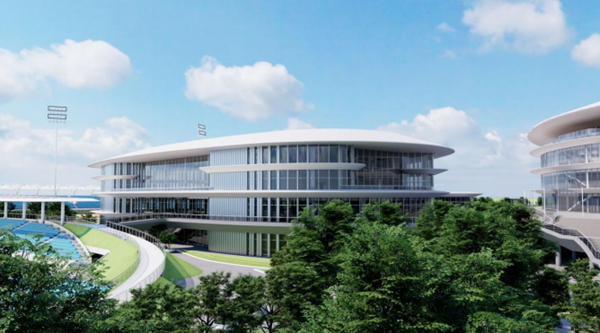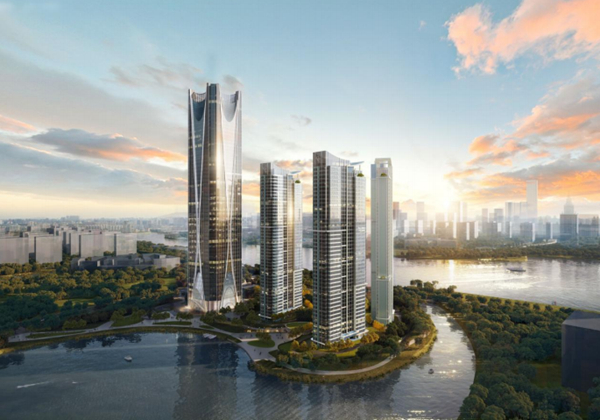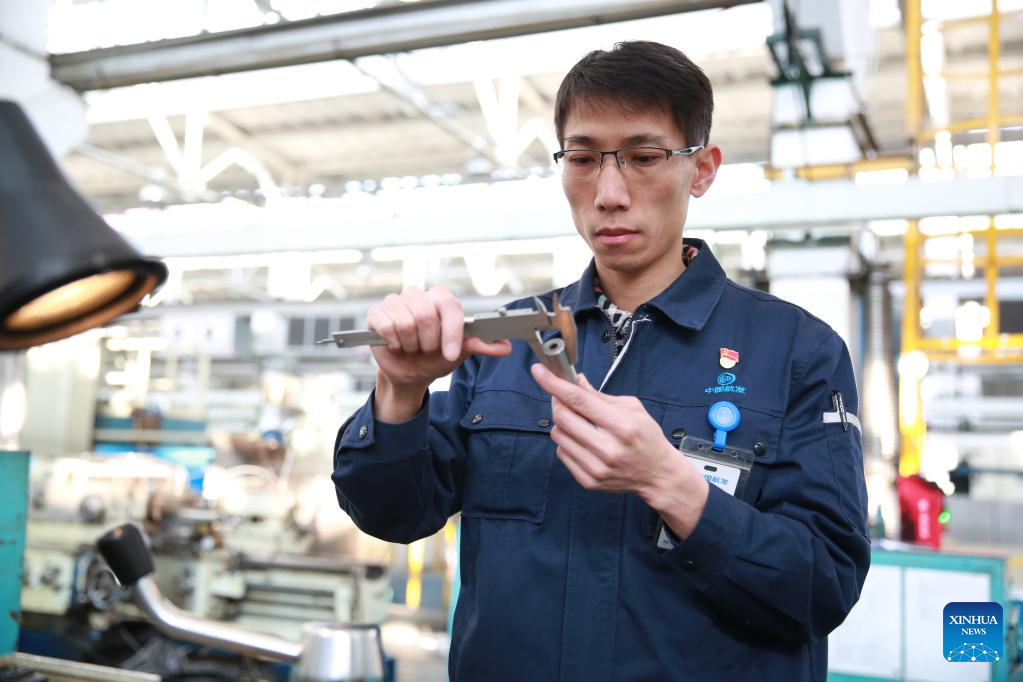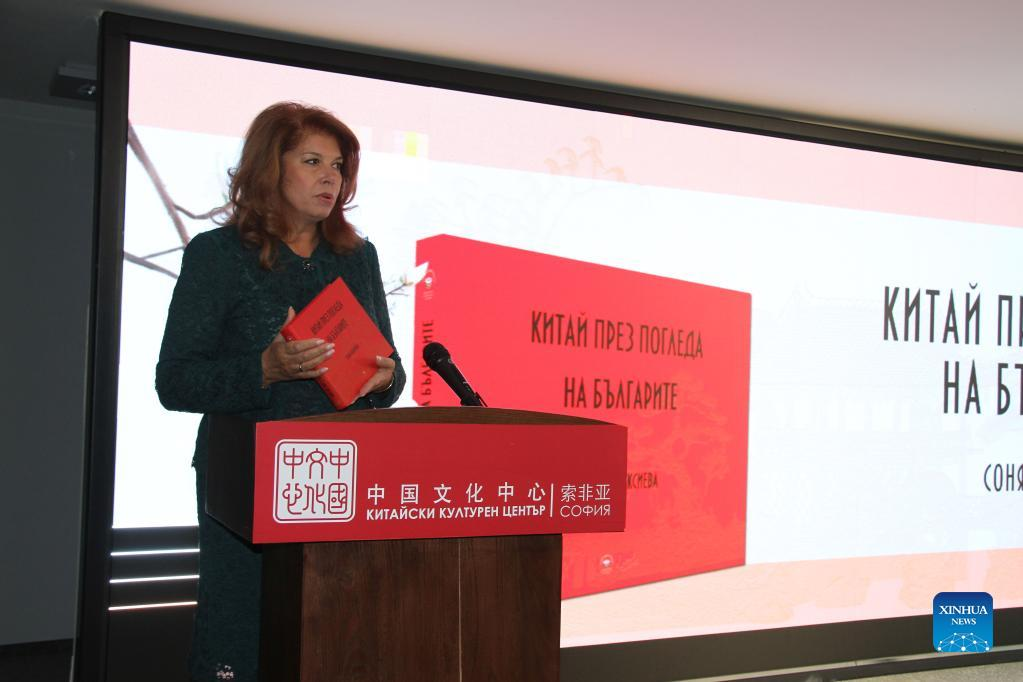
(Photo provided to Xinhua Daily)
Experts have recently reviewed Jiangsu’s action plan to pilot urban and rural construction in line with the "dual carbon goals" - peaking carbon emissions and achieving carbon neutrality.
In 2023, Jiangsu took the national lead by proposing two pilot zones - Xidong New Town in Wuxi City and the High-speed Railway New Town in Suzhou.
Xidong New Town plans to integrate efforts to build livable low-carbon urban areas and preserve villages in its countryside for sustainable development. It will incorporate this strategy into industrial park construction, create net-zero zones, and establish an intelligent management platform. These efforts will enable the real-time monitoring, reporting, analysis and management of energy consumption and carbon emissions data across the park.
To achieve these goals, the town intends to construct high-quality green buildings, promote prefabricated buildings, utilize renewable energy, create eco-friendly urban communities, and support the use of solar energy in rural areas.

The pilot zone in the High-speed Railway New Town in Suzhou covers an area of 2.34 square kilometers. The initiative will include 13 key projects, such as the construction of a near net-zero park, a skyscraper rated with 3-star green recognition, and residential apartments with ultra-low energy consumption.
The action plan includes an assessment of the pilot zone development from seven aspects, such as planning, carbon reduction in construction, green infrastructure, and new type of rural communities.
For example, in the pilot zone, at least 60% of the roofs of new buildings will be equipped with PV systems. Besides, the comprehensive utilization rate of construction waste will reach 90%, and 80% of the built-up area offers a 10-minute access to green spaces.




















